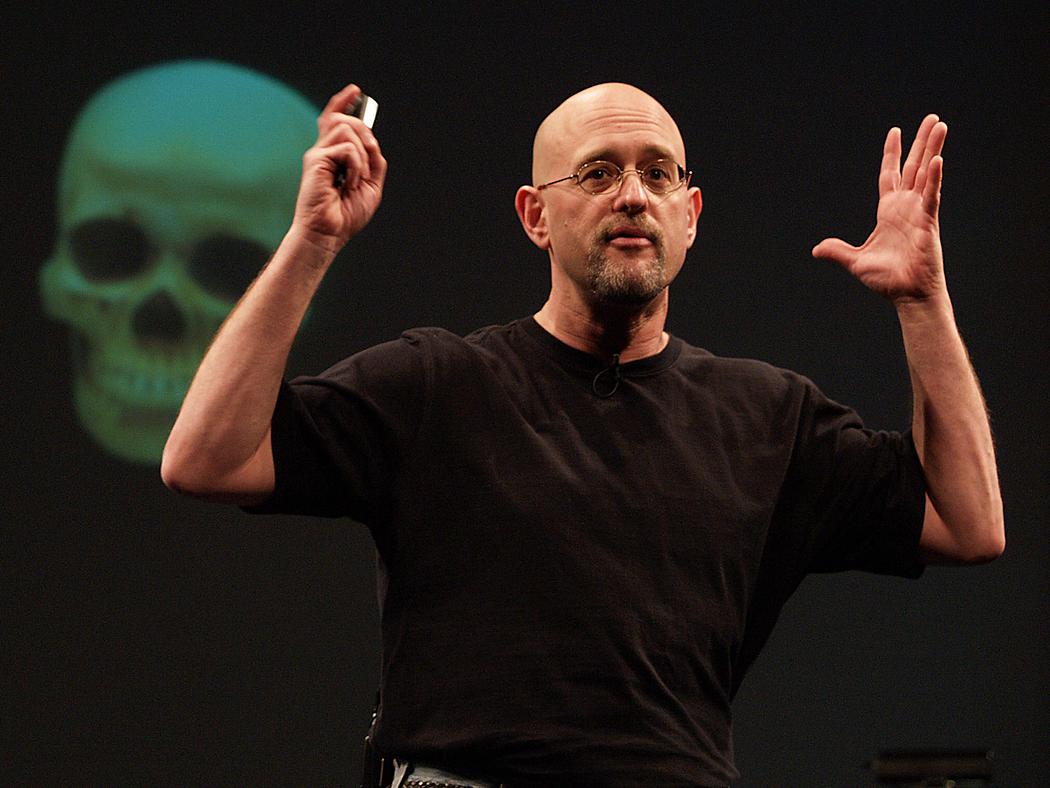Dan Gilbert is a psychology professor at Harvard University and author of the best-selling book “Stumbling on Happiness.” In https://youtu.be/cj0r-48eso0 TED Talk, “The Surprising Science of Happiness,” Gilbert shares his insights on what truly makes us happy and challenges some common misconceptions about the pursuit of happiness. In https://youtu.be/cj0r-48eso0, we will explore some of the key lessons from Gilbert’s TED Talk and how we can apply them in our own lives.
The Happiness Paradox
Gilbert starts his talk by pointing out the paradox of happiness – we all want to be happy, yet we often make choices that don’t lead to happiness. We think that getting what we want, whether it’s a new car, a promotion at work, or a romantic relationship, will make us happy. But Gilbert argues that these things may bring us temporary pleasure, but not long-term happiness. He points out that people often adapt quickly to new circumstances and return to their baseline level of happiness, a phenomenon known as the “hedonic treadmill.”
The Impact of Choice
Gilbert also discusses the impact of choice on happiness. He argues that we often assume that having more choices will make us happier, but research shows that too many choices can actually lead to anxiety and indecision. Gilbert explains that our ability to imagine different outcomes and compare them can make us second-guess our decisions and feel regret. He suggests that limiting our options and focusing on what we really want can help us make better decisions and ultimately lead to greater happiness.
The Happiness of Synthesis
Gilbert also introduces the concept of “synthetic happiness” – the idea that we can create happiness even when things don’t go as planned. He shares examples of people who have experienced major setbacks, such as becoming paralyzed or losing a spouse, but have still found ways to be happy. Gilbert argues that we have a “psychological immune system” that can help us adapt to new circumstances and find happiness in unexpected ways.
The Impact of Social Comparison
Gilbert also discusses the impact of social comparison on happiness. He explains that we often compare ourselves to others and use their achievements as a benchmark for our own success. But he points out that this can be a harmful habit, as we tend to compare ourselves to people who are better off than us rather than those who are worse off. Gilbert suggests that focusing on our own progress and goals, rather than comparing ourselves to others, can lead to greater happiness and satisfaction.
The Power of Mindset
Finally, Gilbert discusses the power of mindset on happiness. He argues that our beliefs and attitudes shape our experience of the world, and that we can choose to view our circumstances in a positive or negative light. He shares research that shows that people who are optimistic and have a positive outlook on life tend to be happier and more successful. Gilbert suggests that cultivating a mindset of gratitude and focusing on the good in our lives can help us experience greater happiness.
Conclusion
In https://youtu.be/cj0r-48eso0 “The Surprising Science of Happiness,” Dan Gilbert challenges our assumptions about what makes us happy and offers practical insights into how we can cultivate greater happiness in our lives. By understanding the impact of choice, social comparison, and mindset on happiness, we can make better decisions and create a more positive and fulfilling life. So, let’s embrace the power of synthetic happiness and focus on what really matters to us, rather than chasing after temporary pleasures or comparing ourselves to others.
